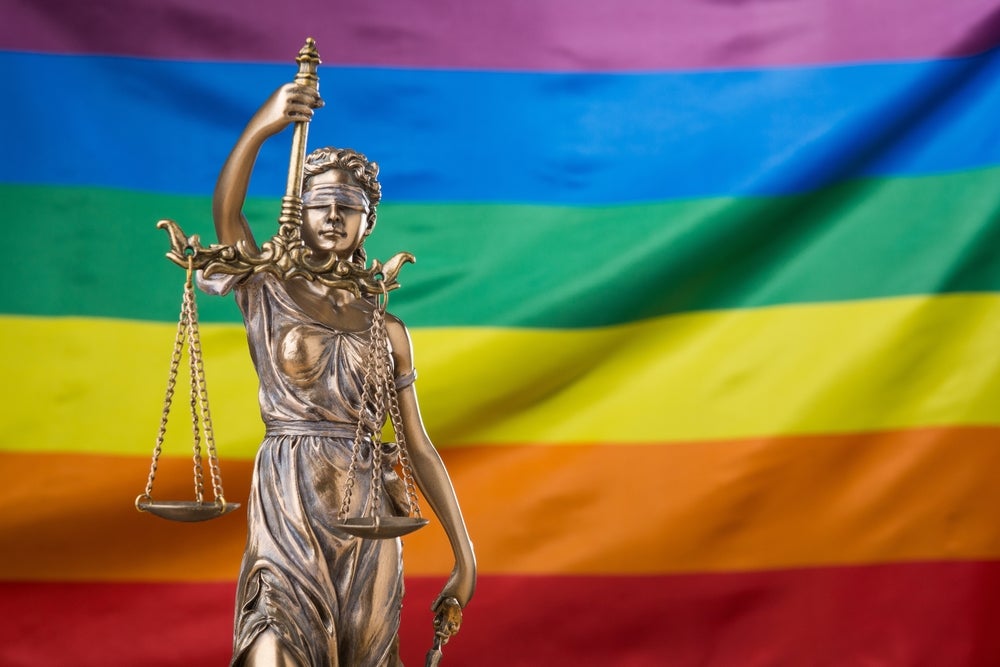
The Hungarian government’s stringent laws regarding LGBTQ+ content have put booksellers in a difficult position.
The “child protection” law, passed in 2021, prohibits the depiction or promotion of homosexuality in materials accessible to minors, including books.
In response to this legislation, bookstores are now required to segregate and package books containing LGBTQ+ content in closed wrapping to avoid hefty fines.
This has sparked debates over discrimination, censorship and the freedom of expression in the country.
Bookstore owners struggle to comply
Under the LGBTQ+ content packaging law, bookstores face the daunting task of determining which books fall under the ban and require closed packaging.
The law’s ambiguous language places a heavy burden on booksellers to make these decisions. Even seasoned bookstore owners such as Eva Redai, who has run the Láng Téka bookstore for more than three decades, find it challenging to identify which titles violate the law.
Redai laments the discriminatory nature of the law and its potential consequences for her business.
Hefty fines spark fear among booksellers
The Hungarian government recently levied a substantial fine against Líra Könyv, the country’s second-largest bookstore chain, for violating the law.
The fine was issued due to the placement of an LGBTQ+ graphic novel in the youth literature section without closed packaging.
The threat of such penalties has left booksellers scrambling to comply with the law to avoid financial repercussions.
Many believe that the law’s broad reach, including the prohibition of “sexuality for its own sake,” could potentially affect numerous literary works.
Resistance and challenges ahead
While some bookstore owners, such as Redai, have chosen to comply with the law to avoid fines, others are fighting against it. Líra Könyv plans to challenge the imposed fine in court and refuses to use closed packaging, deeming the requirement to be detrimental to the industry.
Authors, too, are affected by the legislation, with some finding their works subject to restrictions. Despite the challenges, some writers and activists remain resolute, continuing to advocate for the accessibility of LGBTQ+ literature and the importance of free expression in Hungarian society.




